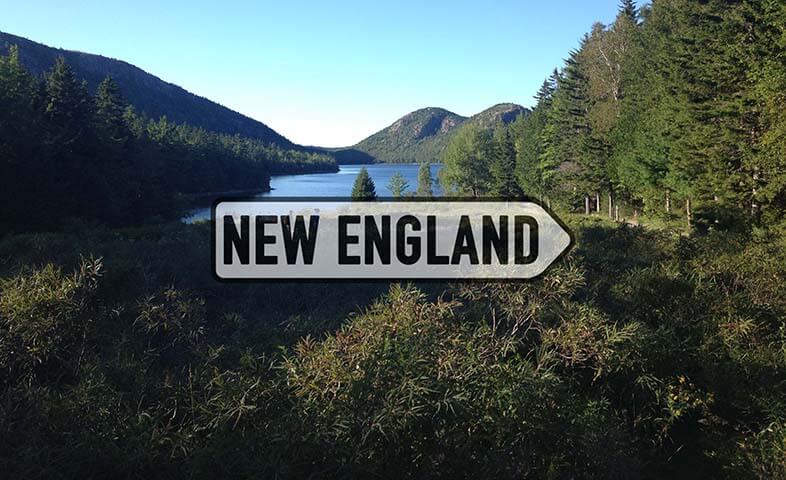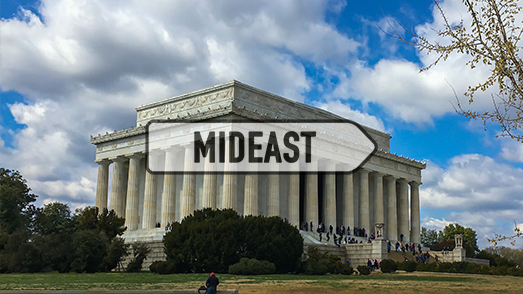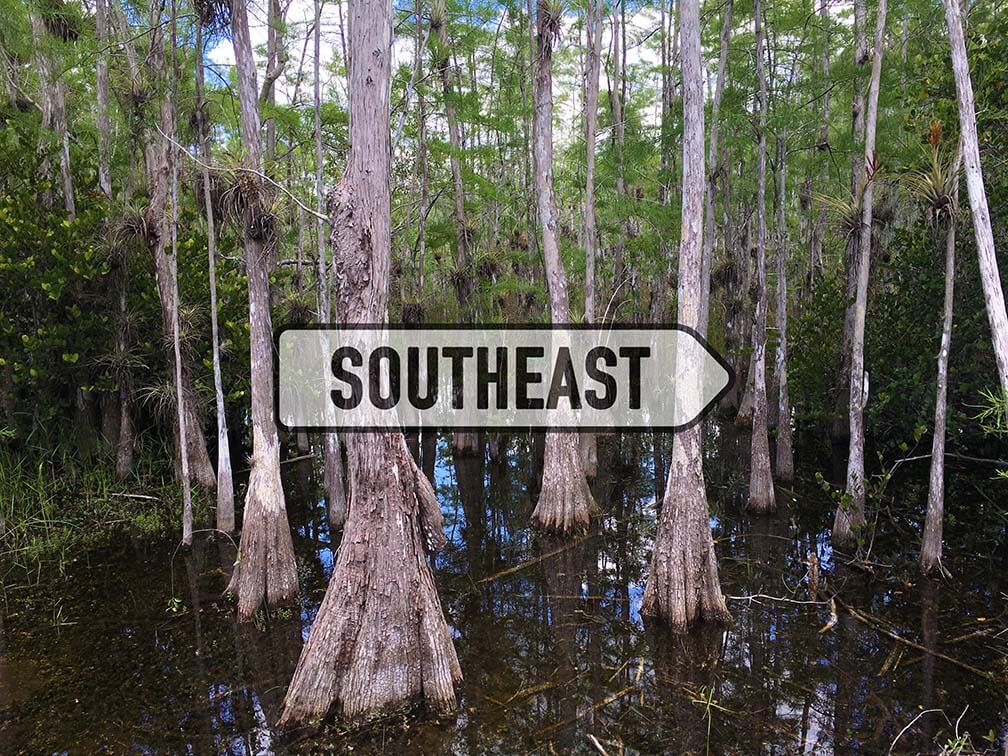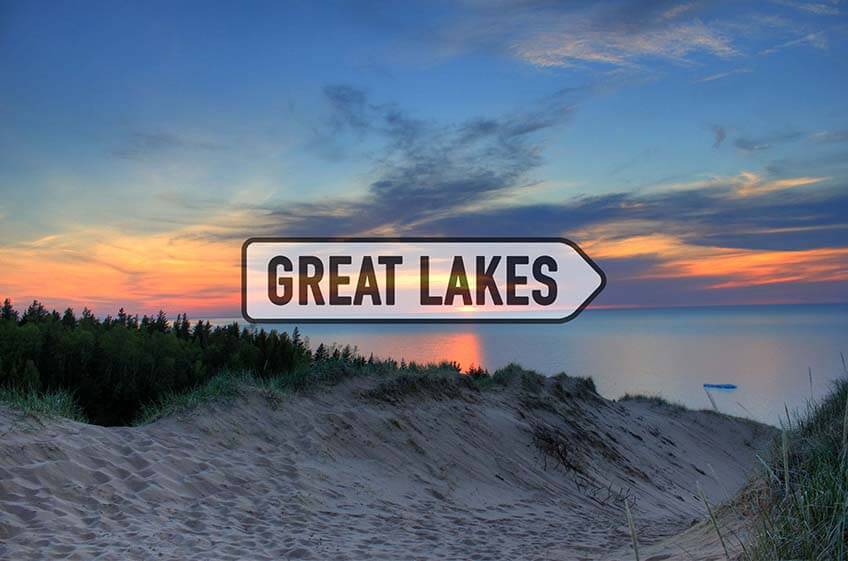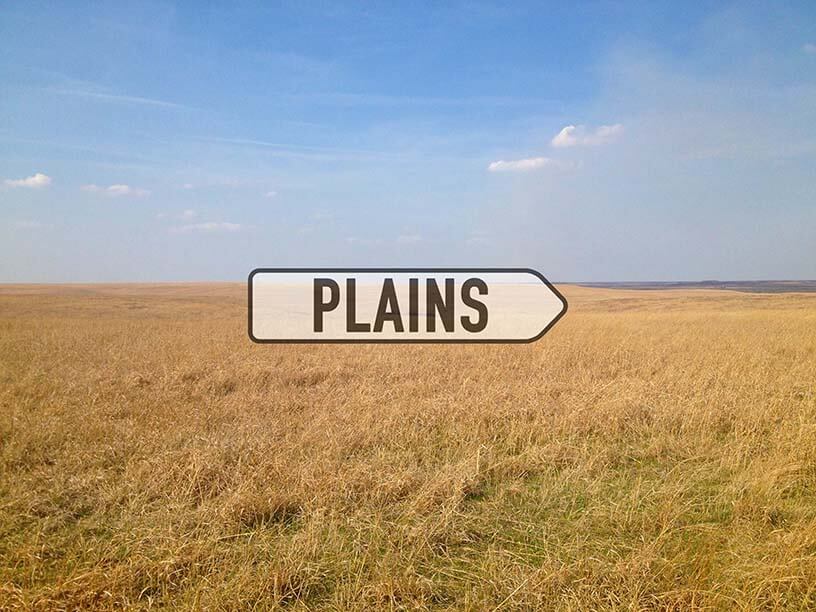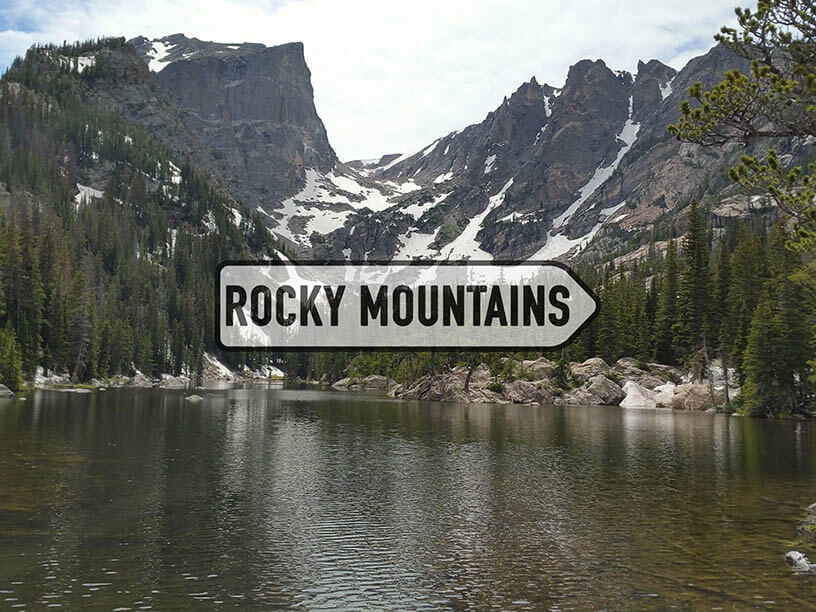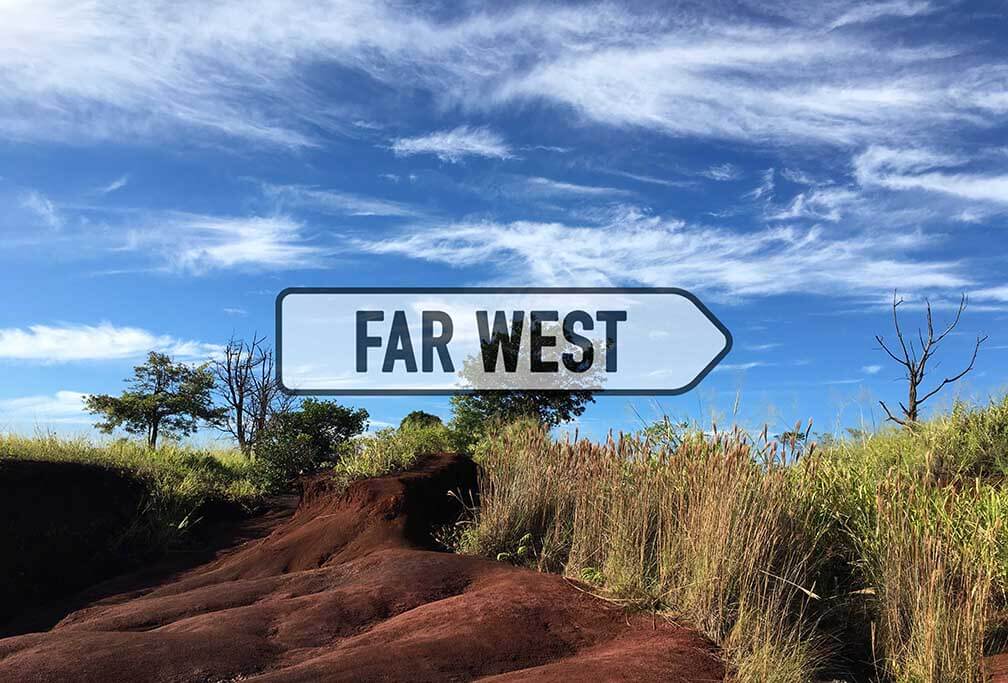Excavations
By Amelia L. Williams
I’m taking my kids cross country
with minivan, tent, hiking poles.
You have just entered our lives;
are you coming along? You agree,
but, not keen on burning fossil fuel or
being trapped in a vehicle, you reserve the right
to fly home when we reach the west coast.
Descent into Mammoth Cave, true darkness
underground & strange accretions of water & time,
then prairie: Bison refuge, National Grassland.
You drive while I read aloud about basin
& range; we roll the names of the stones
in our mouths. Basalt, pumice, schist,
granite, sandstone, limestone, shale.
The boys gather rocks as we hike; they rattle
in the van, heavy & taking up space, you say;
I say they’re keepers. At Great Sand Dunes
we arrive after dark, argue over pitching the tent
in relentless wind. At dawn, we climb up & slip back
until at last, we sip coffee on top; a vast sea of snaking
rills, shady side curving frigid; sunny side slow to burn.
You drive. I read the map aloud. We speak
the names of the rivers caressingly,
trying to learn how to love one another:
Purgatoire, Colorado, Virgin, American—
they slice through the earth to reveal
the stony sweep of time. A rocky tale
of inland seas, tectonic plates colliding.
Maybe all our disputes are an excavation:
my Dad shouted, trying to level the RV, while Mom,
furtive, signaled us to stay away till the fury died down.
Maybe your fossils are out here too. At Chaco, a badger
startles Miles in the dusk; Max snaps a silhouette of us
under the famous arch. In the Painted Desert I lock you out,
then relent. We hike down slickrock, up cinder cone,
over slippery stones in a cool Sedona river whose
shady canyon ledges are fringed with red penstemon.
We reach Point Reyes seashore. You don’t go back east.
Crater Lake. Oregon High desert. Like insects, we split
our skins and emerge as nomads, leaving no trace,
not busting the teeming desert crust. In Fossil we dig
behind the high school—where we can keep what we find.
Amelia L. Williams is a medical writer, eco-artist, and climate change activist in the foothills of the Blue Ridge Mountains in rural Virginia. Her book Walking Wildwood Trail: Poems and Photographs, features a 3-mile trail of eco-poetry art installations that celebrate the landscapes threatened by the proposed fracked-gas Atlantic Coast Pipeline. She earned her doctorate in English Literature at the University of Virginia. Her work has appeared in Sow’s Ear Poetry Review, 3Elements, Shot Glass Journal, AJN: American Journal of Nursing, Journal of Wild Culture, and elsewhere. Her website is www.wildink.net.
Featured image courtesy, Amelia L. Williams.



